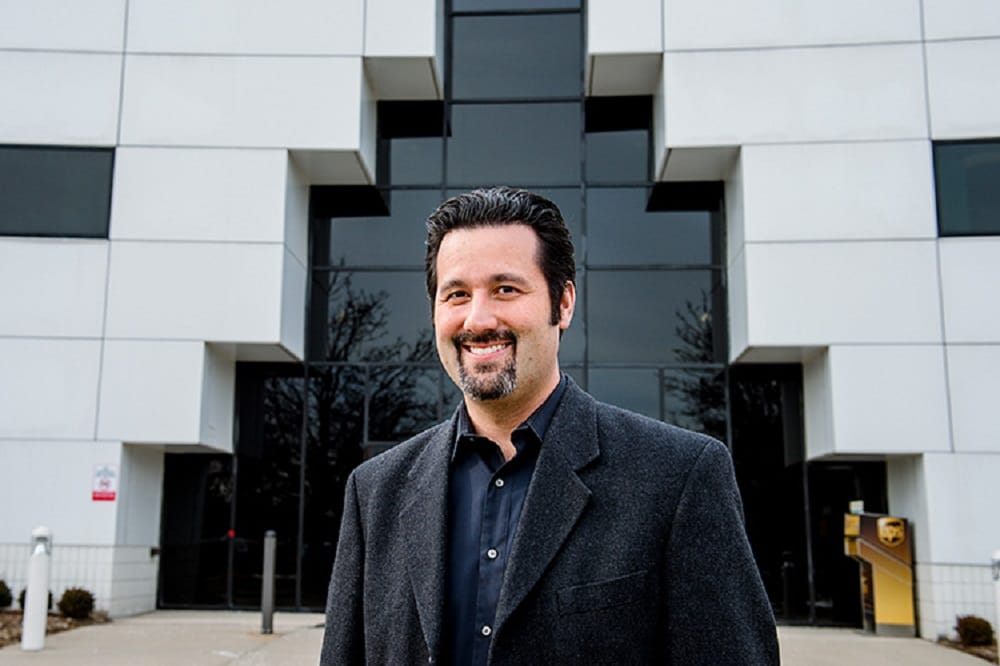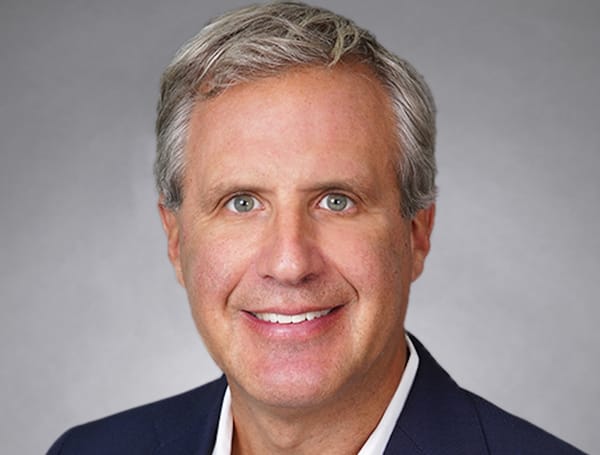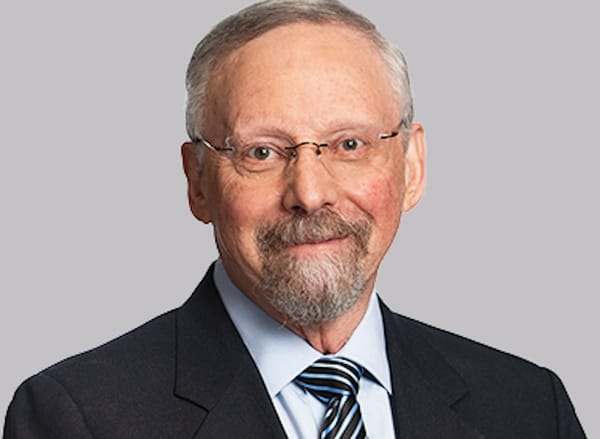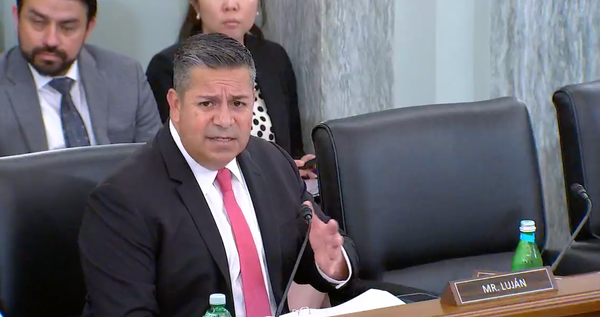At Broadband Communities Summit, Rural Communities Discuss Many Ways to Finance Fiber Networks
September 30, 2020 – Municipalities are well suited to investment in broadband networks, particularly those in rural areas, said Ben Fineman, president and co-founder of Michigan Broadband Cooperative, at the Broadband Communities Virtual Summit on Thursday. He said that many for-profit broadband pr

September 30, 2020 – Municipalities are well suited to investment in broadband networks, particularly those in rural areas, said Ben Fineman, president and co-founder of Michigan Broadband Cooperative, at the Broadband Communities Virtual Summit on Thursday.
He said that many for-profit broadband providers shy away from investing rural areas because of the lengthy return on investment.
Fineman recounted how his organization was able to finance a $7 million fiber project in a rural Michigan town just outside of Ann Arbor. Leading up to the project, the town held frequent meetings and decided to move forward on the project after two-thirds of the citizens voted in its favor of proceeding.
Leslie Nulty, chief financial officer of Mansfield Community Fiber, Inc., used this strategy to pay for a broadband project in Vermont, with a few tweaks.
In Vermont, the law does not permit the tax base to be encumbered to create a broadband network, said Nulty. So Mansfield created a series of subordinated bonds with a minimum unit of $2,500, encouraged neighbors to pool funds as long as there was only one name on the bond.
In subsequent projects, Nulty advocated for the use of loans instead of grants, because she said Vermont has a history of supplying grants to projects that fail to deliver on their promises.
Nulty said that she reached out to the Vermont Economic Development Authority, which declined to fund the broadband project. Nevertheless, in 2019 Vermont created a broadband program funded through VEDA.
Nulty believes it’s economical to build fiber to the home using loan programs even though they often require payment holidays for the first few years: Her own project had holidays for the first two years, and interest-only for the third.
Chris Townsend, CEO of DTC Communications, a member-owned telephone cooperative established in 1951, also took about two years to get his broadband program running.
He employed a different strategy.
Townsend created Trilight, a non-profit telecom company, and partnered with electric co-ops in Tennessee to create a business model for broadband that worked for both parties. Trilight owns the back office and the tech support and the co-ops build and finance all the fiber themselves.
“They take it all the way to the house and we take it from there,” said Townsend.
Townsend advised newcomers to the business to look at the specific towns in an area instead of looking at the blanket rates because it’s the only way to see everything.
Correction: An earlier version of this article incorrectly reported that the fiber project was valued at $7 billion: It is in fact a $7 million project. Further, that version reported that it was in a town outside of Ann Harbor: The town is outside of Ann Arbor, Michigan.










